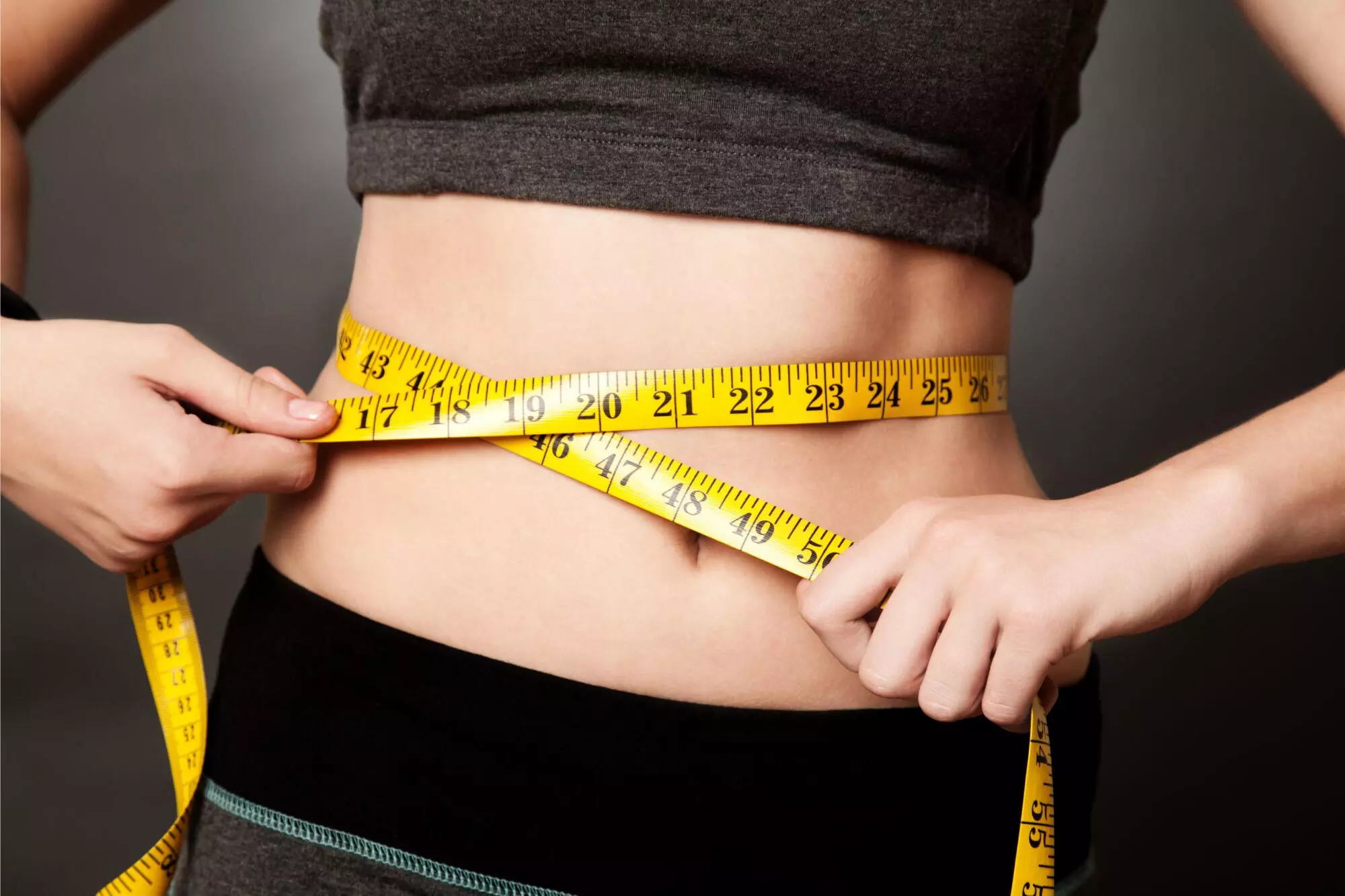TRENDING TAGS :
5 Helpful Ways to Reduce Water Weight on Your Body
Water weight (edema) is common and rarely a cause for concern. However, it may feel uncomfortable. Try these proven and safe ways to lose water weight.
If you notice that your pounds accumulate overnight, you might be dealing with water weight. And it makes sense to start looking online for ways to lose water weight as soon as possible, if not sooner. And all of this can be stressful if you're trying to lose weight while reducing your caloric intake. The reality is that your weight swings every day, so those bothersome pounds can indicate that you consumed too much salt one day or that your diet was carb-heavy the next. You can be gaining water weight if you frequently eat processed salty foods or frequent drive-thrus.
Your excess water weight is caused by the body holding the bile juice that your kidneys would normally excrete. Water retention occurs frequently and is influenced by several factors. Your food, way of life, hormonal changes, menstruation, pregnancy, body's reaction to environmental changes, or the use of specific drugs could all be contributing factors to your puffier-than-normal appearance. Water retention, also known as edema, can sometimes be a symptom of an underlying illness, but it is usually just transitory in healthy people, and modest lifestyle adjustments can assist.
The amount of water you are retaining, the reason for the water weight gain, and the steps taken to shed it all influence how long it will take to lose water weight. You'll most likely get back to your usual weight in one to two days if you have one high-sodium meal and then resume your regular, healthy eating routine.
It can take longer if you've recently returned from a vacation of overindulgence and are retaining more extra fluid.
5 Ways to Lose Water Weight Fast Naturally
1. Reduce salt intake
Eating too much salt or sodium can instantly cause the body to retain water. To reduce your daily intake of salt and sodium, consume less processed meat, salted nuts, pickles, canned goods, packaged soup, and sauces. All of these foods are high in sodium levels.
2. Eat nutrient-dense meals
The hormone insulin is elevated by carbohydrates, and insulin increases salt retention and water reabsorption in the kidneys. Replace carbohydrates with foods high in protein, fiber, and healthy minerals like magnesium and potassium. Include dark chocolate, almonds, whole grains, herbs, and green leafy vegetables.
3. Increase potassium intake
The ratio of salt to water in your body can be balanced by potassium, which can assist to lessen water retention. Leafy greens, beans, almonds, dairy products, and starchy vegetables are examples of fruits and vegetables that contain potassium. Adults should consume at least two servings of fruit and three servings of vegetables each day.
4. Hydrate adequately
Getting enough water into your system will aid your kidneys in eliminating surplus water and sodium. If you exercise regularly and live in a warm, humid region, you should consume more than eight glasses of water each day to avoid dehydration and water retention. Numerous weight-loss strategies advise getting adequate water because it promotes thermogenesis (the dissipation of energy through the production of heat).
5. Engage In physical activity
Exercise improves the body's blood flow and reduces water retention in the arms, legs, feet, and face. Regular exercise enables you to eliminate extra water weight through sweat. The excess water (3g) that was kept in reserve with each gram of glycogen is released as the body stores it.



